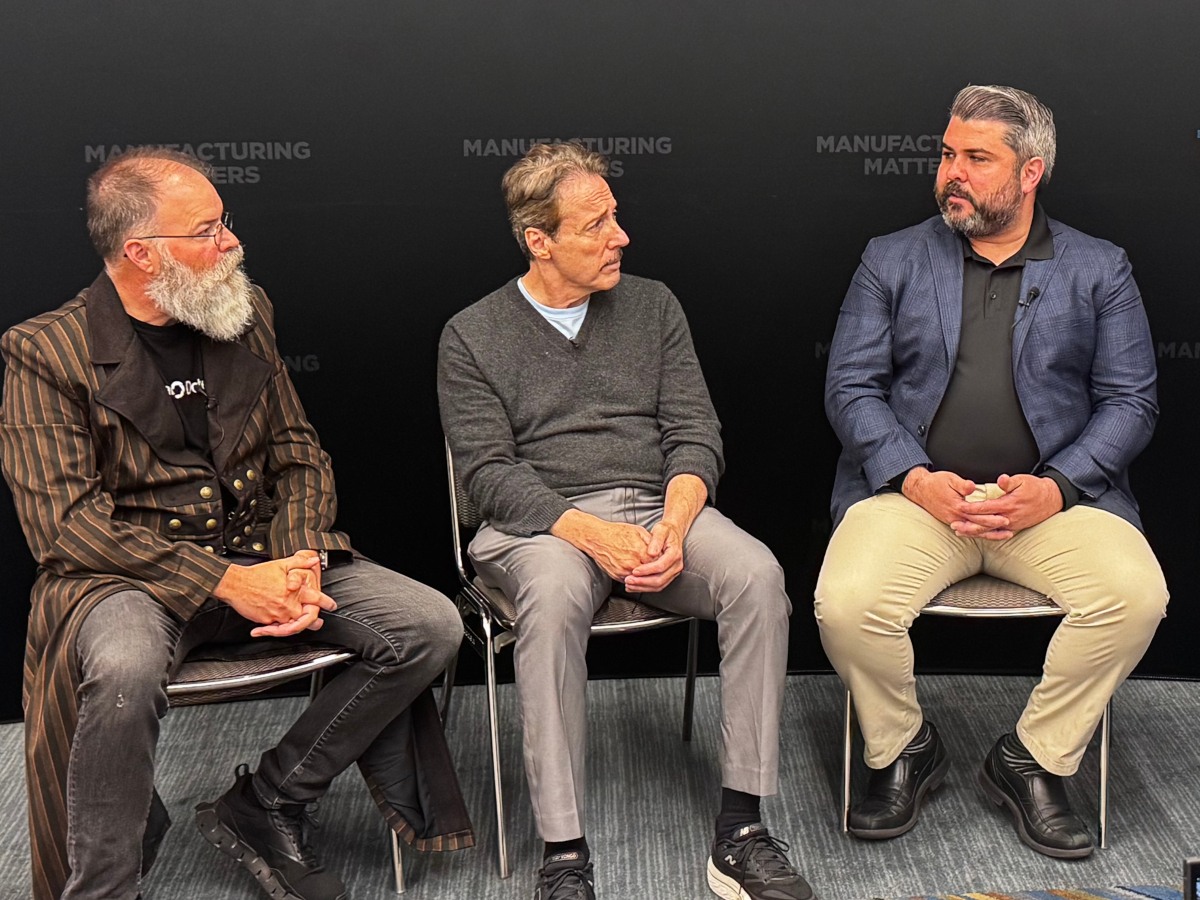![]()
First announced back in January, RealSense has completed its spin-out from Intel with a $50m Series A funding round, as the latter seeks to concentrate on its core business.
California-based RealSense, an AI-powered computer vision player, says its spin-out from Intel Corporation is now complete, and it has closed a $50m funding round led by an unnamed “renowned semiconductor private equity firm” and participation from investors that include Intel Capital and MediaTek Innovation Fund.
Intel Capital, the venture arm of Intel, had also announced it was to spin out from Intel Corporation back in January, only for Intel’s new CEO Lip-Bu Tan who joined in March to reverse course and announce on the Q1 earnings call that the spin-out was off, and that the 34-year old venture arm would remain part of the chipmaker.
Incubated at Intel Corporation, RealSense was known for its leading depth cameras and vision technology used in autonomous mobile robots, access control, industrial automation, healthcare and more.
RealSense says it will now operate as an independent company focused on advancing innovation in AI, robotics, biometrics and computer vision, and that the new capital will support expansion into adjacent and emerging markets.
The company says it already as strong industry traction in robotics, industrial automation, security, healthcare and “tech for good” initiatives, and existing partnerships with companies such as ANYbotics, Eyesynth, Fit:Match and Unitree Robotics.
“We’re excited to build on our leadership position in 3D perception in robotics and see scalable growth potential in the rise of physical AI,” said Nadav Orbach, CEO of RealSense, and formerly Intel’s VP and general manager for the Incubation and Disruptive Innovation group.
“Our independence allows us to move faster and innovate more boldly to adapt to rapidly changing market dynamics as we lead the charge in AI innovation and the coming robotics renaissance.
“Our mission is to enable the world to integrate robotics and AI in everyday life safely,” said Orbach.
“This technology is not about replacing human creativity or decision-making, but about removing danger and drudgery from human work. Our systems are built to amplify human potential by offloading these types of tasks to machines equipped with intelligent, secure and reliable vision systems.”
As well as Orbach, other Intel veterans on the new RealSense team include Eyal Rond as VP for AI and Computer vision, Mark Yahiro as VP for Business Development and had been most recently VP and general manager for Incubation and Realsense Business at Intel, and Guy Halperin as VP and head of R&D. Halperin had held this role at RealSense for seven months during the transition. Chris Matthieu will be chief developer evangelist.
RealSense now plans to expand its go-to-market team and hire additional AI, software and robotics engineers “to accelerate product development”.
The newly independent RealSense hopes to cash in on the global growth in robotics and biometrics. “The robotics market is projected to quadruple from $50bn today to over $200bn within six years, while demand for humanoid robots is expected to grow at a CAGR [compound annual growth rate] above 40pc,” according to RealSense.
Don’t miss out on the knowledge you need to succeed. Sign up for the Daily Brief, Silicon Republic’s digest of need-to-know sci-tech news.
